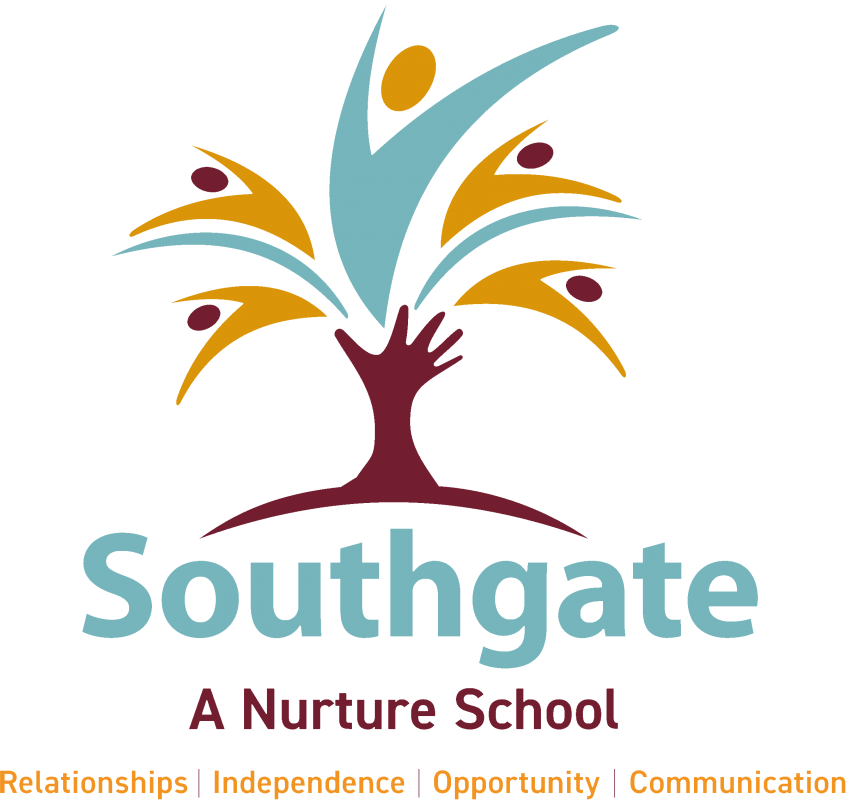As a school we aim to build partnerships with parents and carers that are based on honesty, trust and mutual respect, with the purpose of supporting the academic, vocational, personal and emotional development of our pupils.
We Class Dojo to communicate with parents and carers on a frequent basis, although still use home/school books for parents/ carers who struggle to get online. There are 2 parents’ evenings alongside each pupil’s annual review. Parents/ carers are encouraged to attend these and are welcome to request a meeting at any time during the year. In addition, telephone and email contact is welcome, and if the member of staff is not available when the call is made, a response will usually be made within 48 hours.
In addition to this, the school holds a variety of events, including coffee mornings and performances where we encourage parents to attend. At the end of each academic year, class teachers compile a report on each child’s progress.

